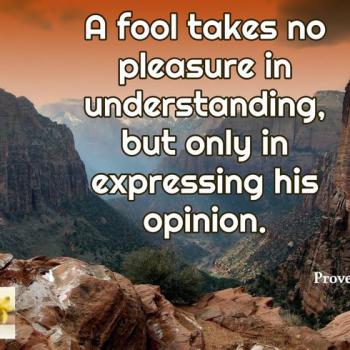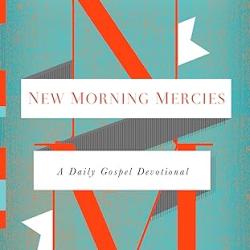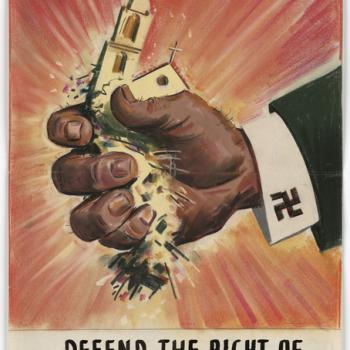Editors' Note: This article is part of the Patheos Public Square on Consumerism Gone Wild. Read other perspectives here.
Economists remind us we are all consumers. Being a prosperous consumer supposedly signifies a successful life, and a society providing more commodities for people to consume is a good society. Economists also tell us "the market" simply reveals what we truly value by what we are willing to pay. If we are critical of today's consumer society we are critical of society that gives people what they want.
There is some truth to this claim, but not nearly as much as they think.
To understand why, let me start with friendship. Friendship is useful, but it is not a "consumer good." If the only reason I claim to be your friend is because you are useful, I am not your friend. I value my friends for who they are, not what they can do for me. Friendship's utility arises from the friendship. This contrasts with relating to a person in a purely economic capacity — as an employee, repairman, grocer, or salesperson. The world of consumer goods and purely economic reasoning reflects far thinner values compared to one of rich relationships.
But, the economist will say the computer on which I am typing these words is simply a tool. It is not my friend.
To understand the shallowness of this response we need to look deeper.
Beauty
We are creatures of needs. We need food, shelter, and affectionate connections. But as the term "affection" demonstrates, ideally these needs are not purely utilitarian. At their most human they are needs that include relationships with intrinsic value. Ideally our shelters are beautiful and complement who we are as individuals. Ideally our food is healthy, beautifully prepared, and attractively served. As to affectionate connection, what makes it of greatest value to us is the inner beauty we see and love in our friends and loved ones. The key term throughout is "beautiful."
The more beauty we perceive, the richer our lives become. In beauty we find connections that are not purely instrumental. A world of purely instrumental values does not meet our needs as human beings. A world of beauty does.
Connection
How we connect with our world helps define we are. The more a connection becomes purely instrumental the less it serves our most human needs because it ultimately separates us from any connection but power. As consumers we use it up or we possess and control it. This is consumerism's underlying logic. Contrast these terms with taking joy in the beauty of a painting, admiring a garden, or obtaining a chair because of its fine workmanship. All such actions connect a person with values deeper than utility. This is why consumerism alone is a kind of empty nihilism of the soul.
People vary in their ability to make strong connections, but their actions do not simply reflect their character. They also reflect the social context in which they act, and here is the problem with consumer society.
We are as much society's creation as it is ours. It is at this level that we can begin to grasp consumerism's pathological side.
Most people are motivated by values other than accumulating ever more stuff. While just about everyone enjoys prosperity, how they define it is powerfully shaped by society. The rise of consumerism as a dominant lifestyle is not the result of "human nature" but rather of a system of power that is increasingly independent of human values. It is pathological for both consumers and producers.
Producers and consumerism
Let me start with chocolate, a delightful consumer good.
In her book The Chocolate Wars, Deborah Cadbury described the chocolate industry's fascinating history. In England the major chocolate producers were Quakers, who viewed their enterprises in larger moral and even spiritual contexts than profit alone. In 1913 Edward Cadbury wrote, "The efficiency of the firm and its employees does not end with the firm itself; it has a wider civic value, in so far as the firm is a unit of the industrial organization of the nation, and the employee plays his part as an intelligent and capable citizen!" The public good and people not as consumers but as citizens are what mattered most to him.
Early on the Cadburys debated among themselves whether using an attractive girl in their ads was appropriate since they were selling chocolate, not girls or sex.





